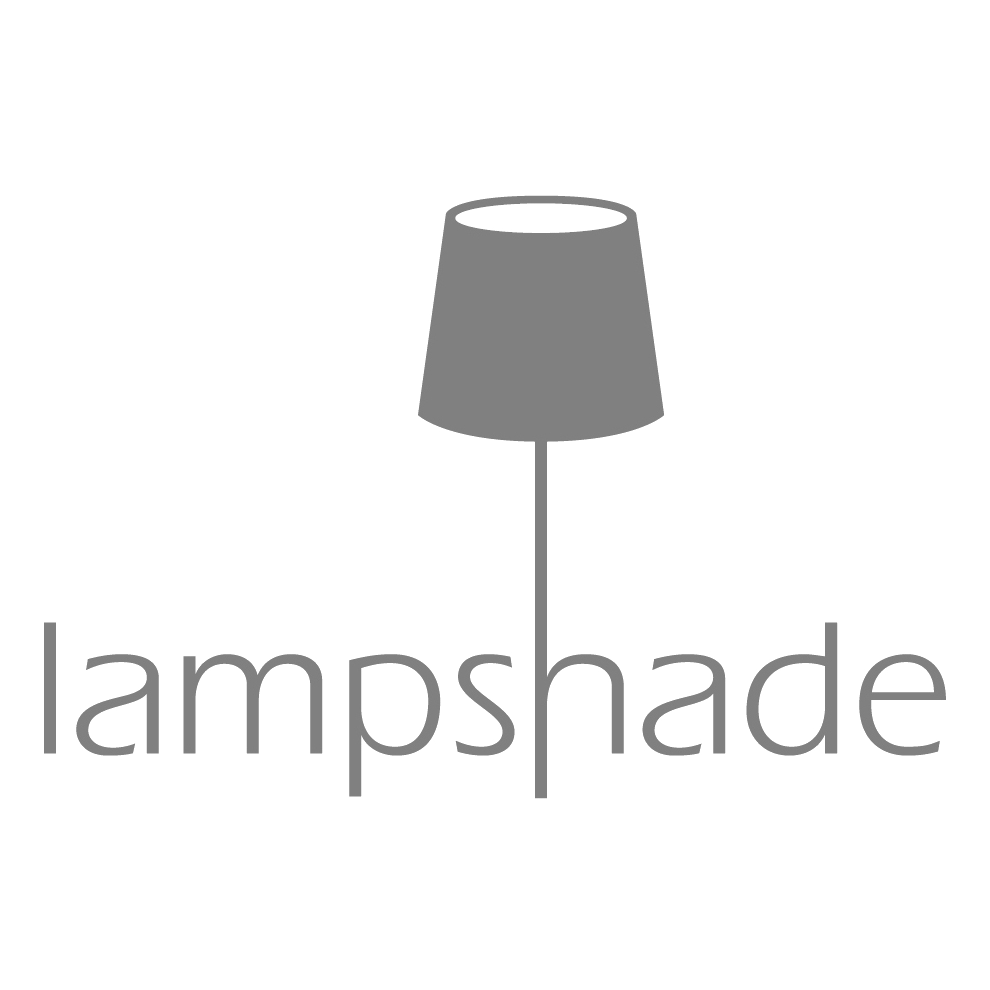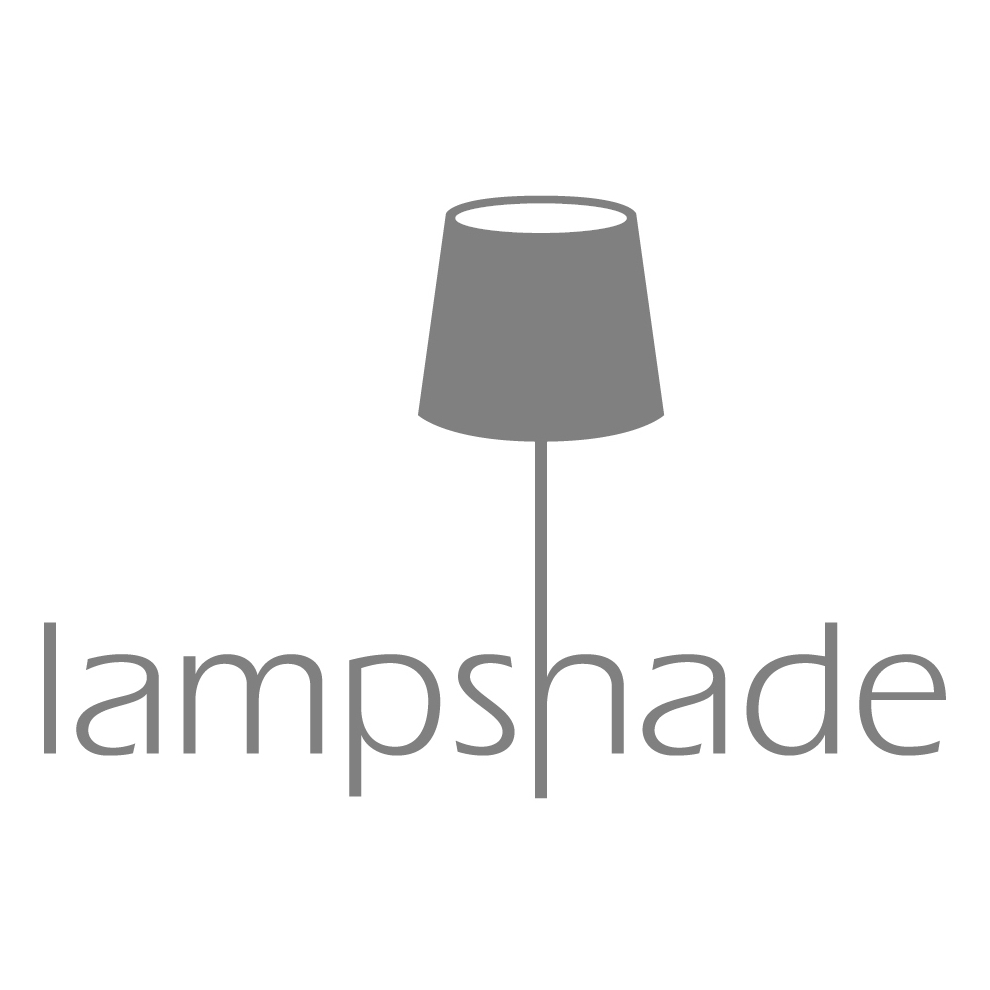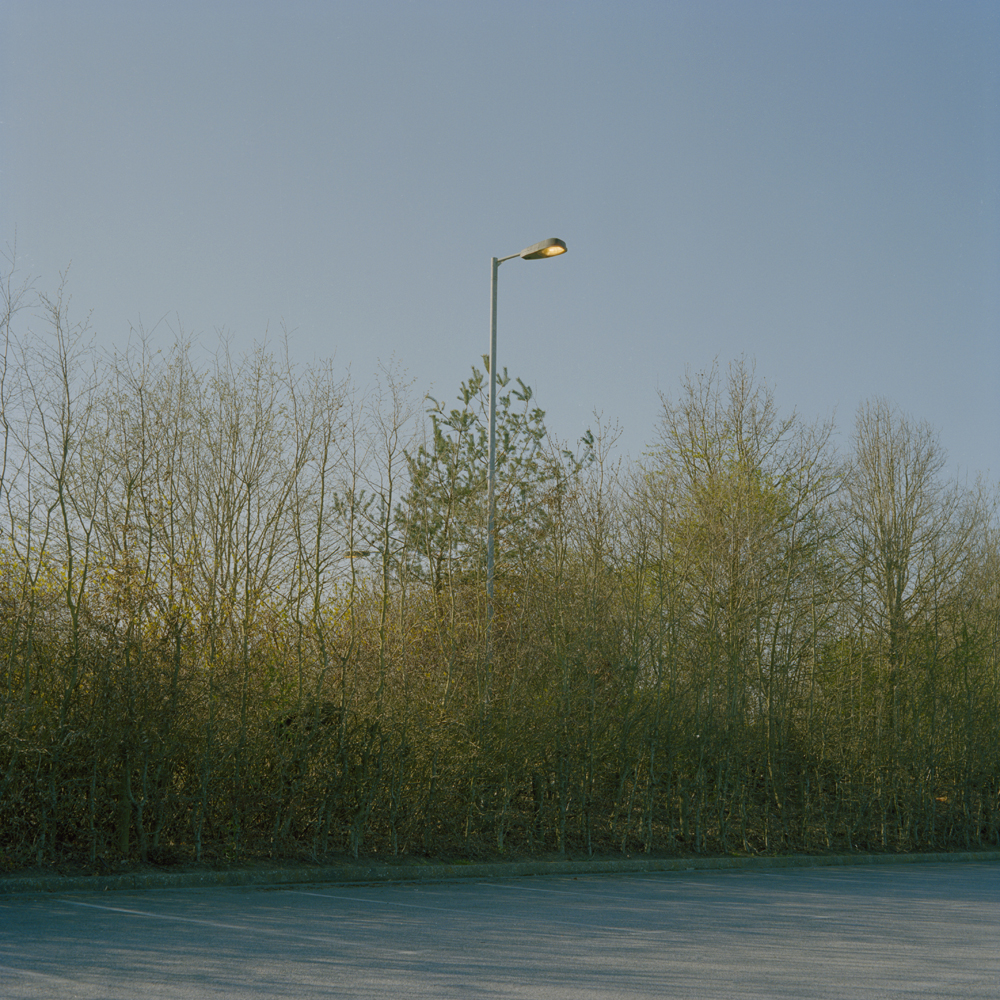

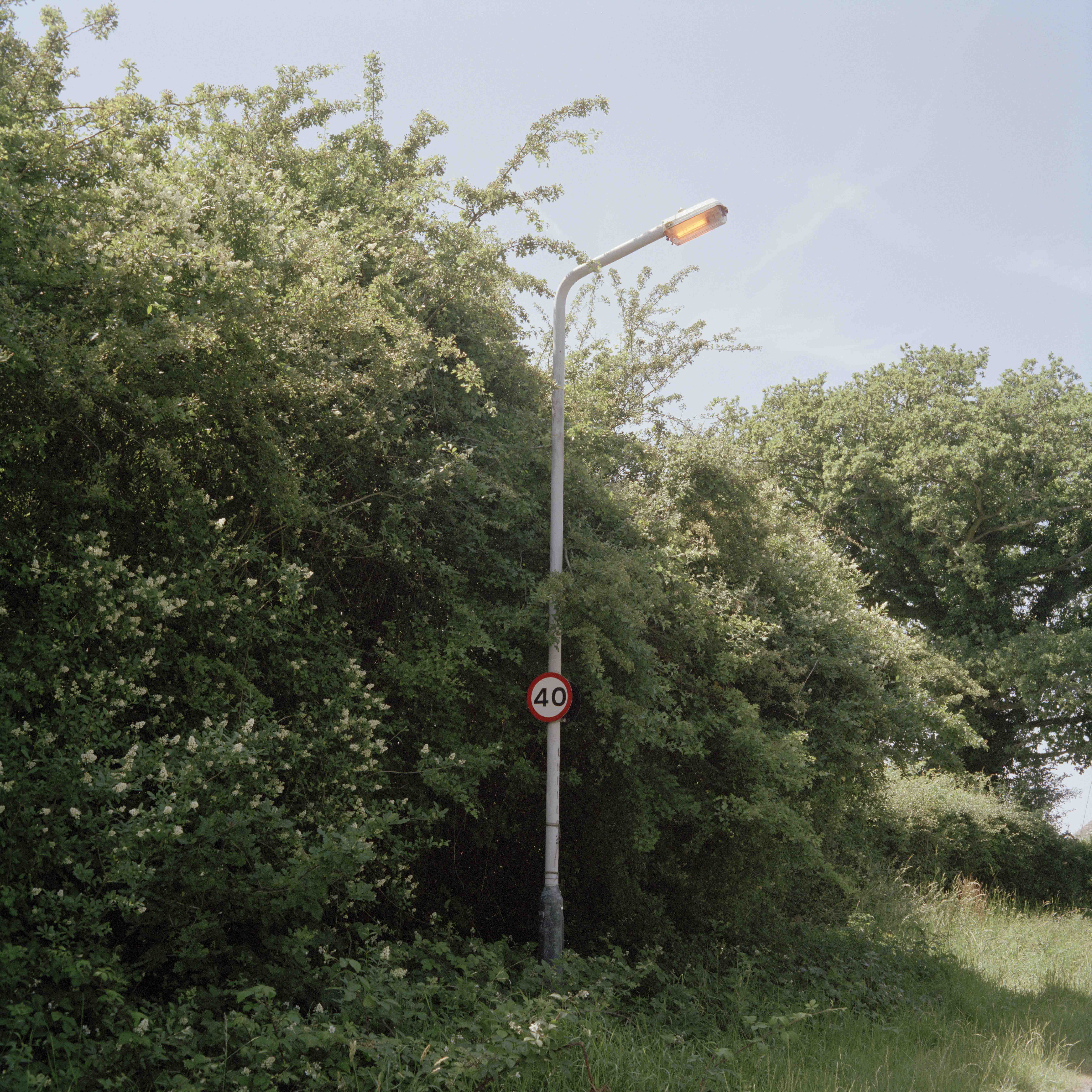
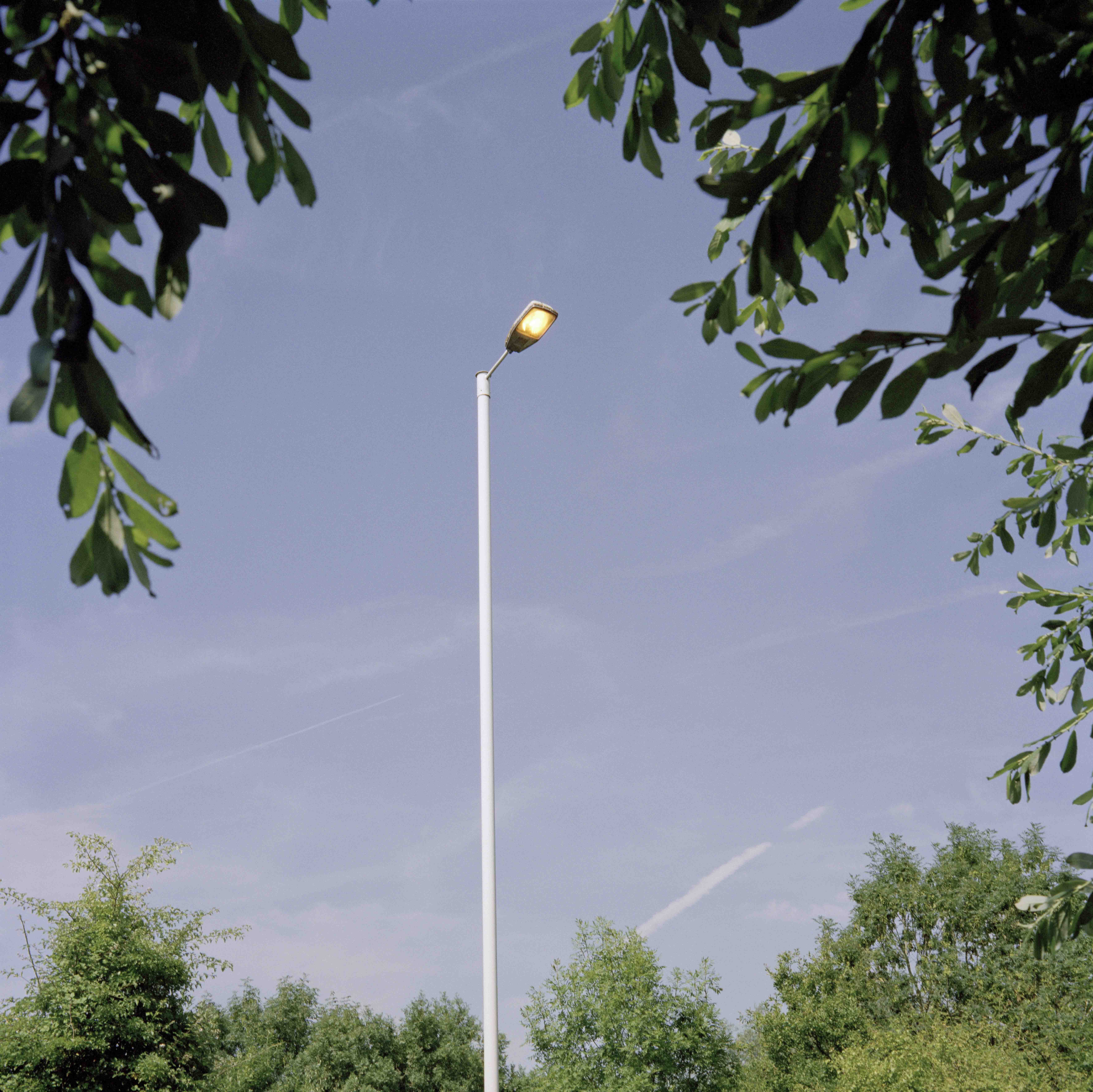

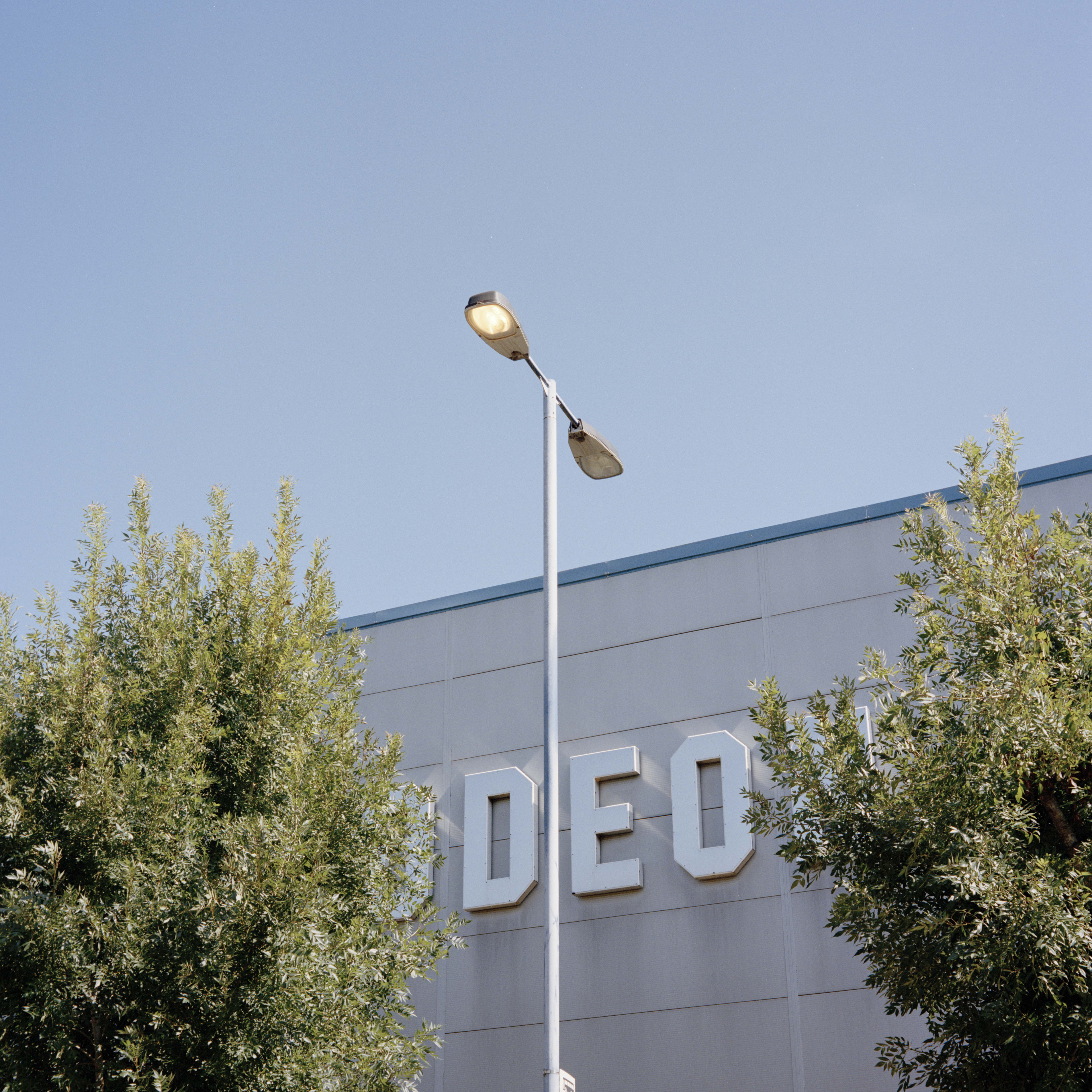


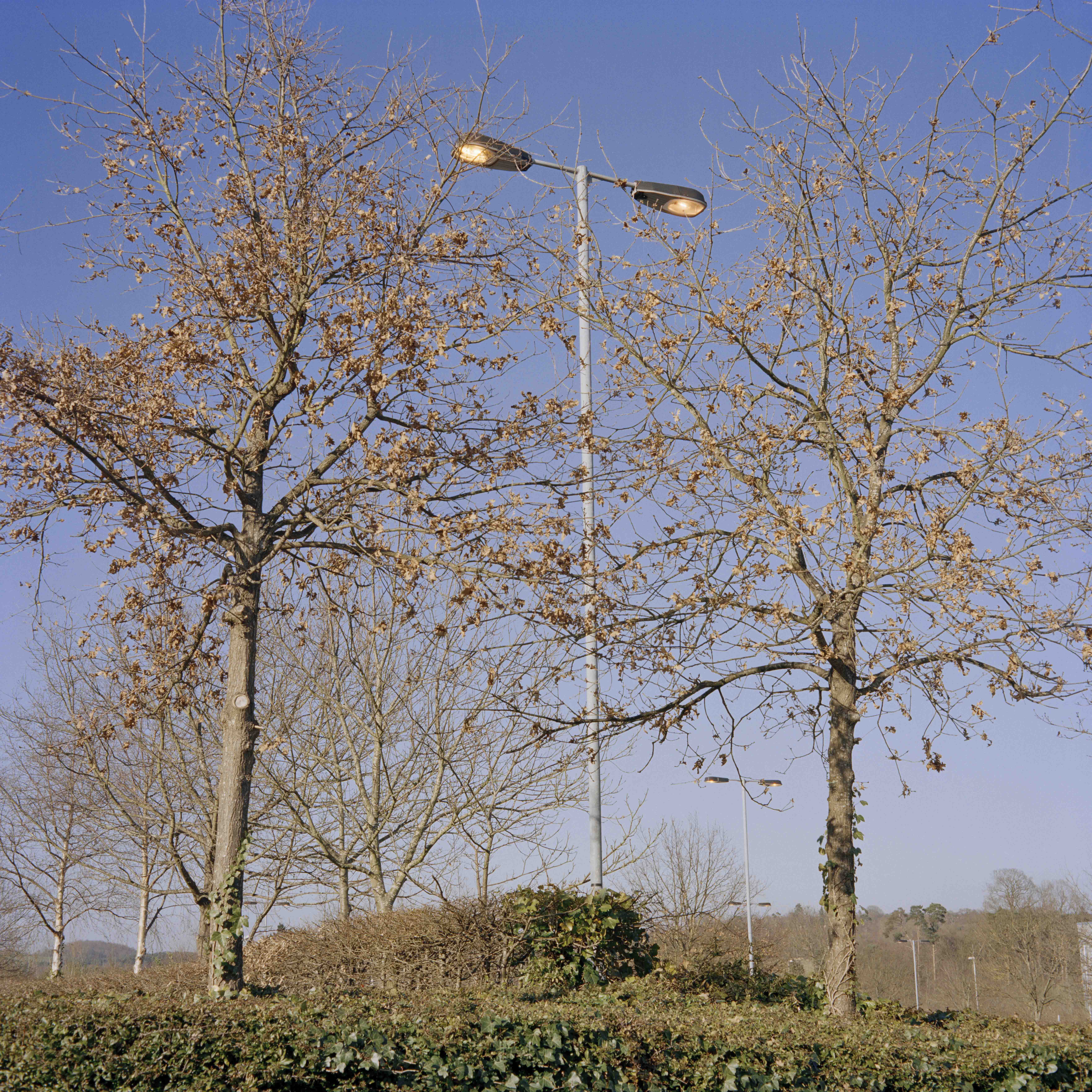
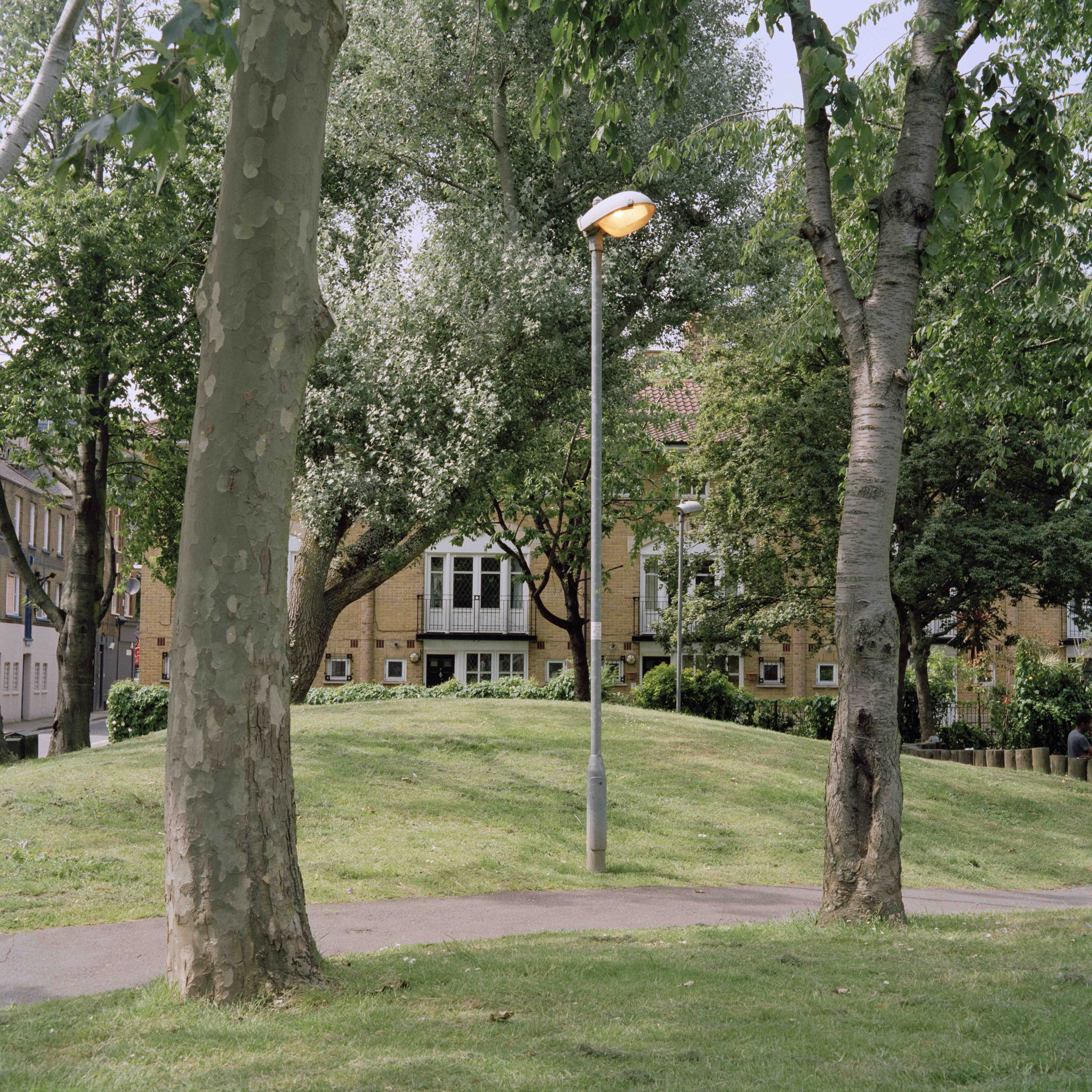

Lights Left On
As a child it was always impressed upon me and my siblings that we should never leave a light on in a room that wasn’t occupied. The reasons were simple and clear - it was a waste of money and resources.
More recently I’ve been increasingly drawn to lights that remain switched on within our landscapes. By day, they jar and create a disruption and as they are lit by the natural light that surrounds them, they become a minimised object, not a useful tool.
And whilst they bestow an unsettling beauty upon these landscapes, the Lights Left On also offer a more uneasy comment on our casual wastage of resources.
This work was displayed in an outdoor exhibition in Sweden, as part of the Landskrona Photo Festival and in conjunction with the Landskrona Lighthouse Festival October 21 - January 22.
As a child it was always impressed upon me and my siblings that we should never leave a light on in a room that wasn’t occupied. The reasons were simple and clear - it was a waste of money and resources.
More recently I’ve been increasingly drawn to lights that remain switched on within our landscapes. By day, they jar and create a disruption and as they are lit by the natural light that surrounds them, they become a minimised object, not a useful tool.
And whilst they bestow an unsettling beauty upon these landscapes, the Lights Left On also offer a more uneasy comment on our casual wastage of resources.
This work was displayed in an outdoor exhibition in Sweden, as part of the Landskrona Photo Festival and in conjunction with the Landskrona Lighthouse Festival October 21 - January 22.
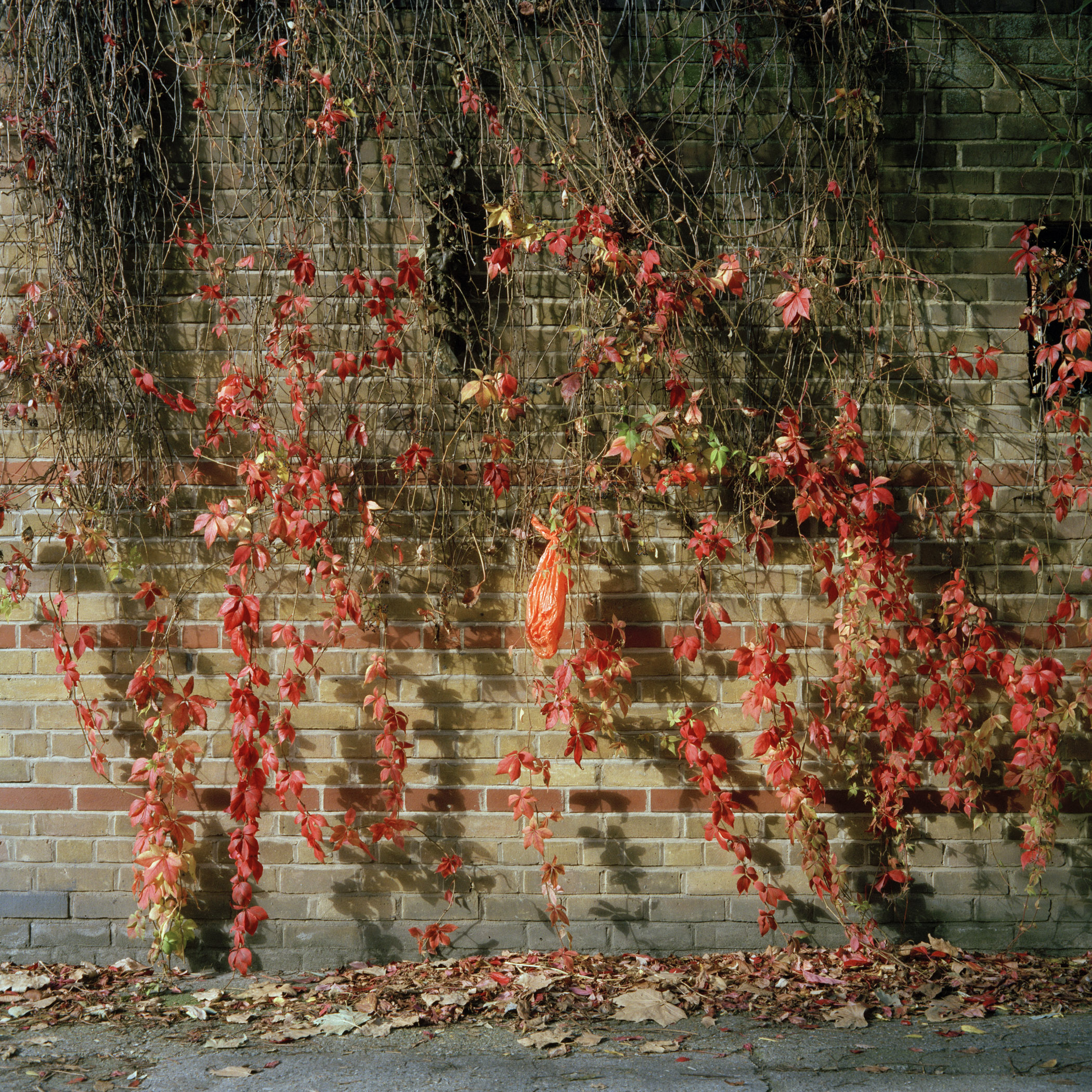
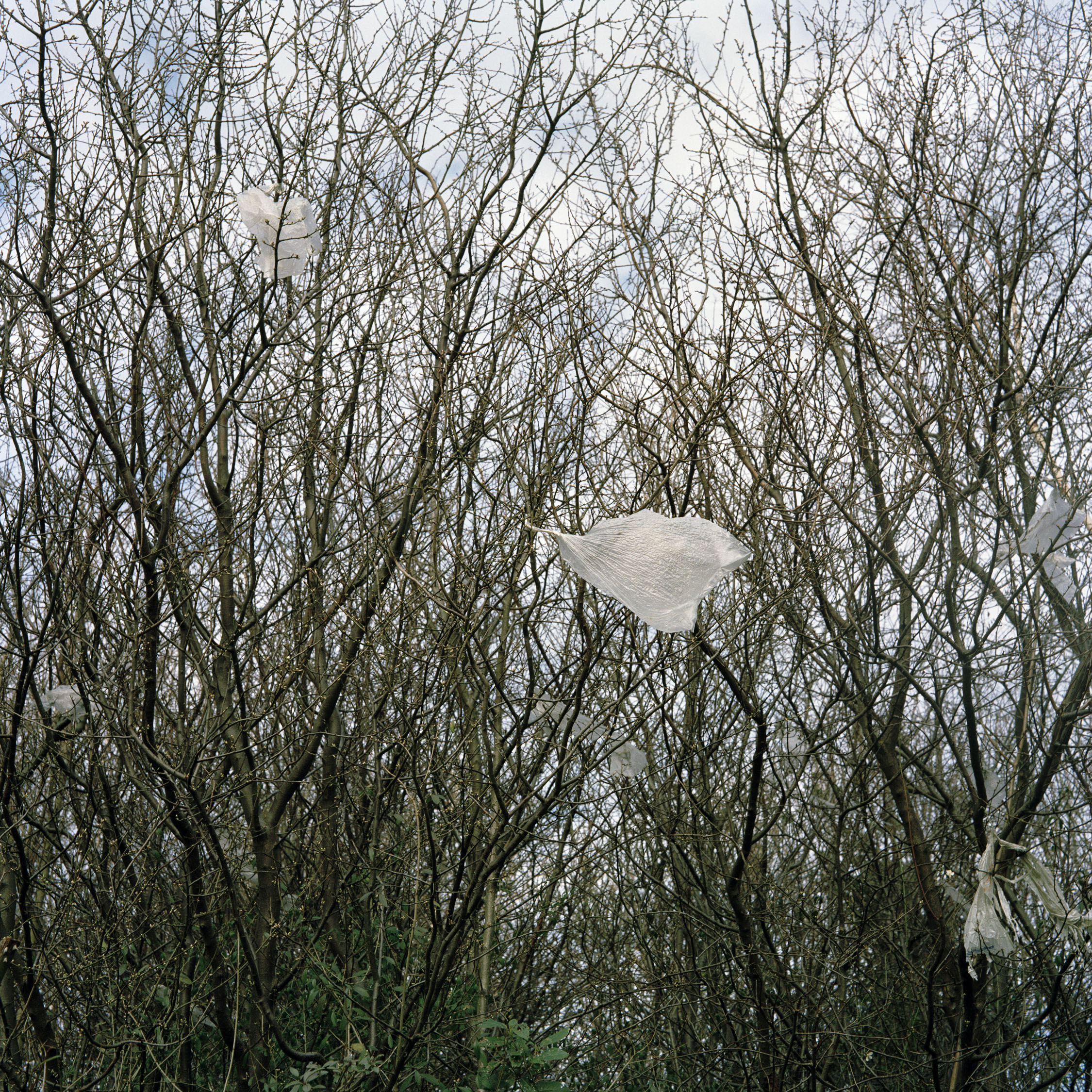
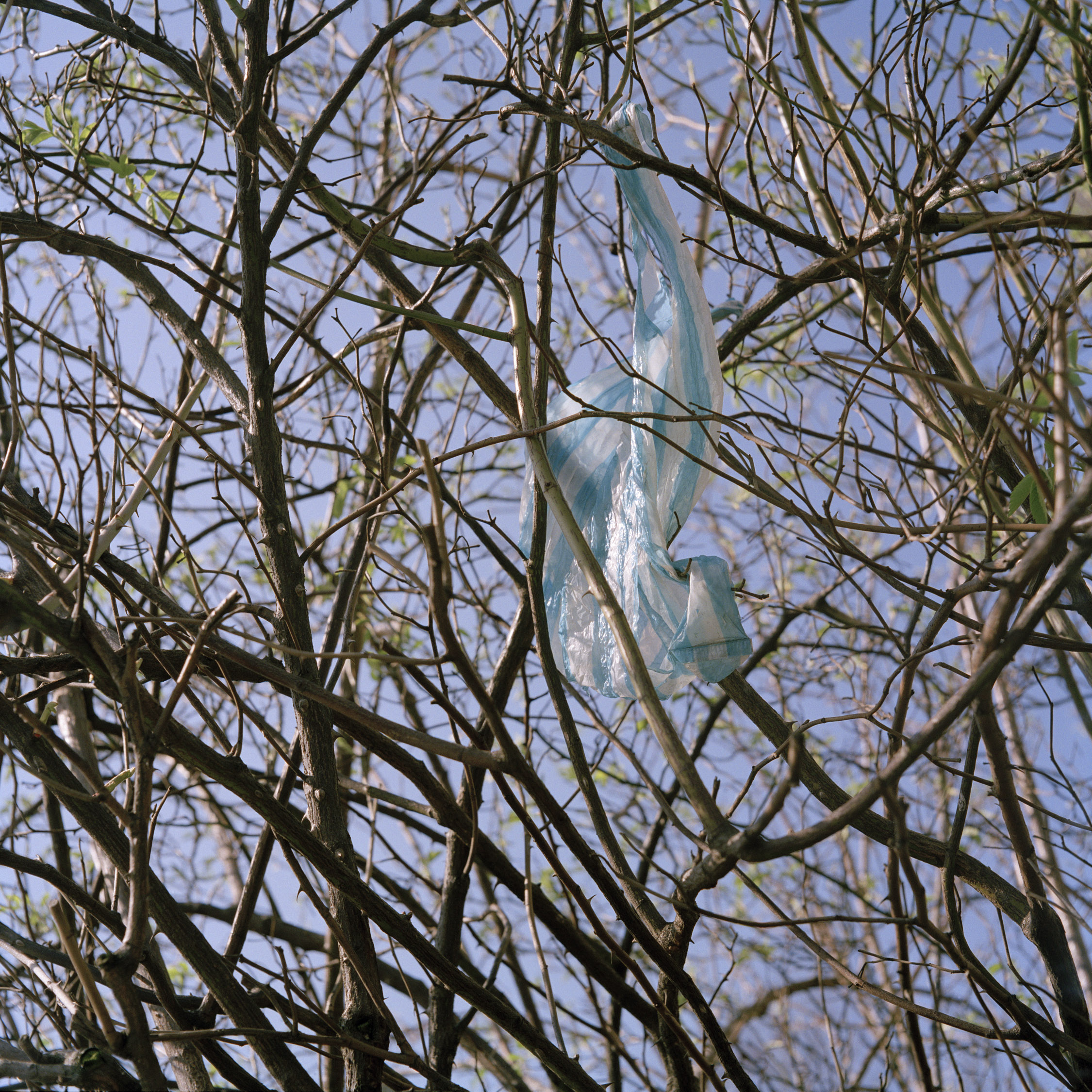
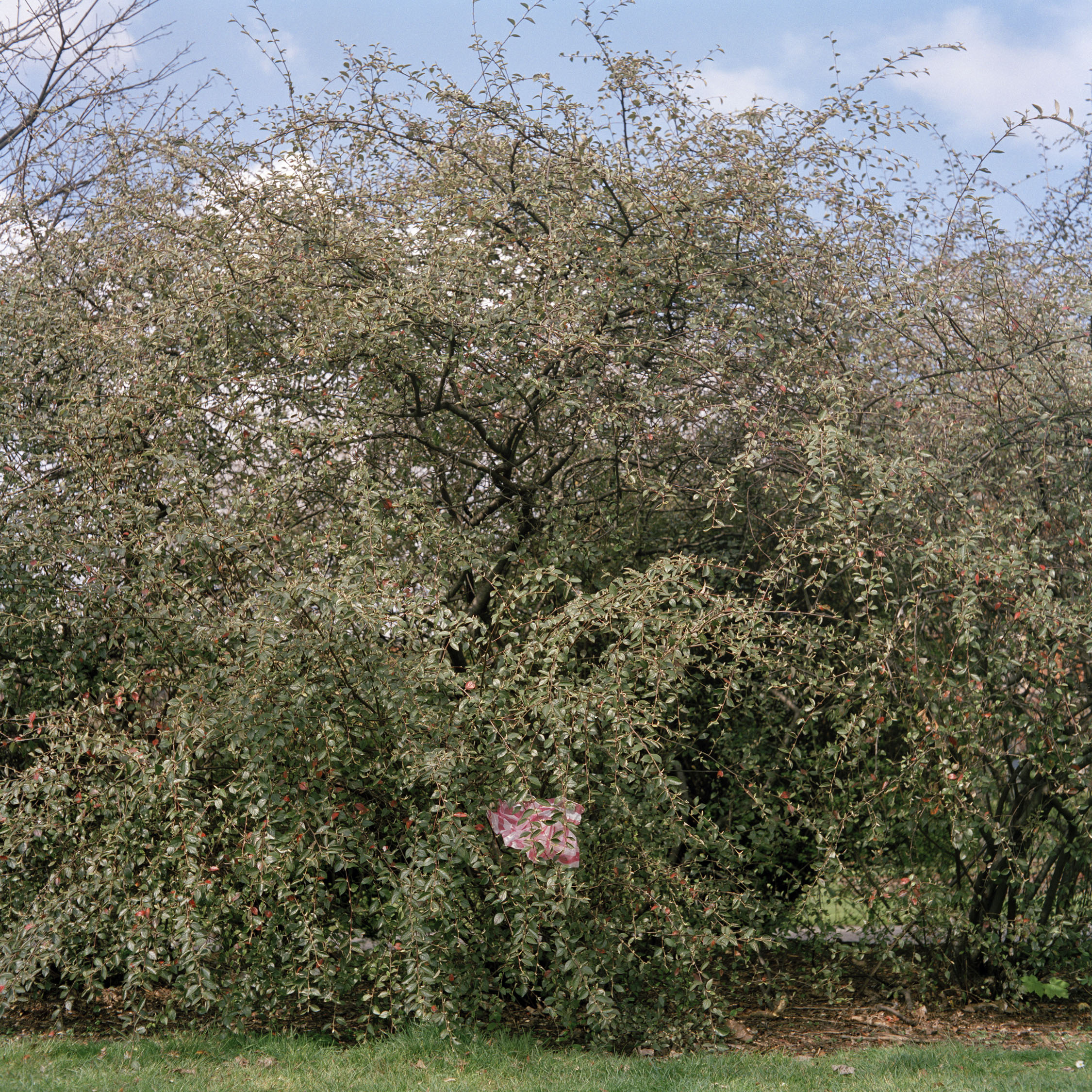
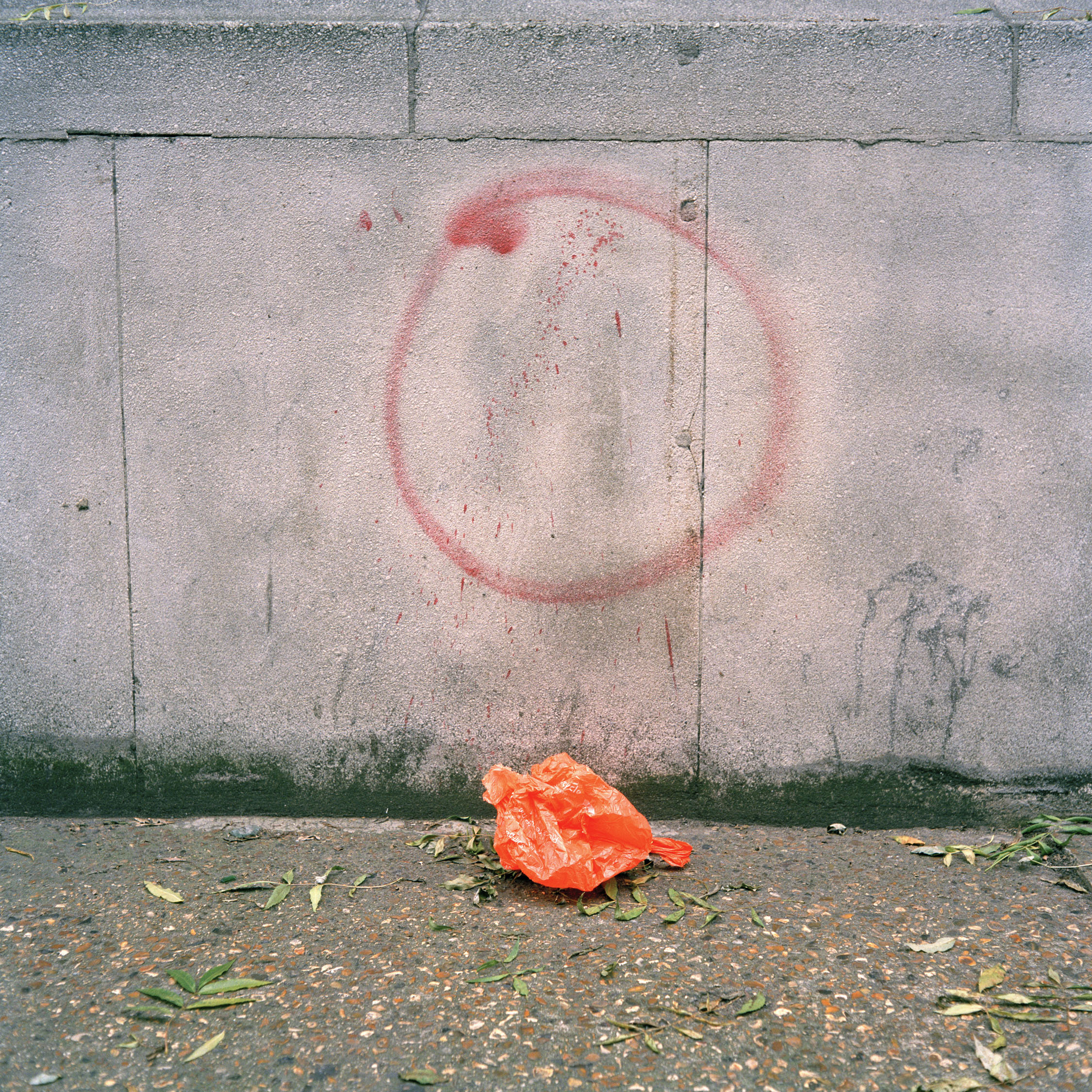
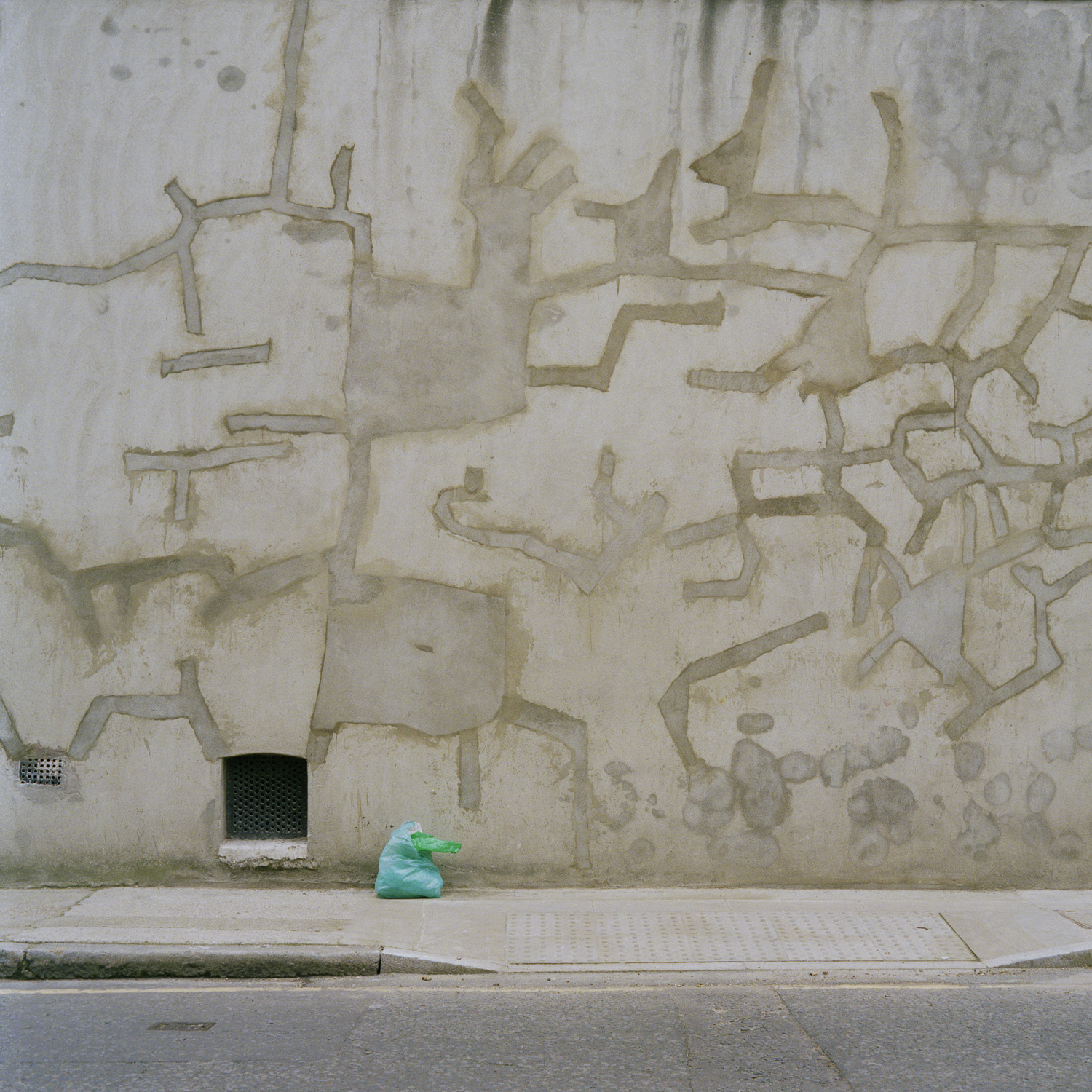
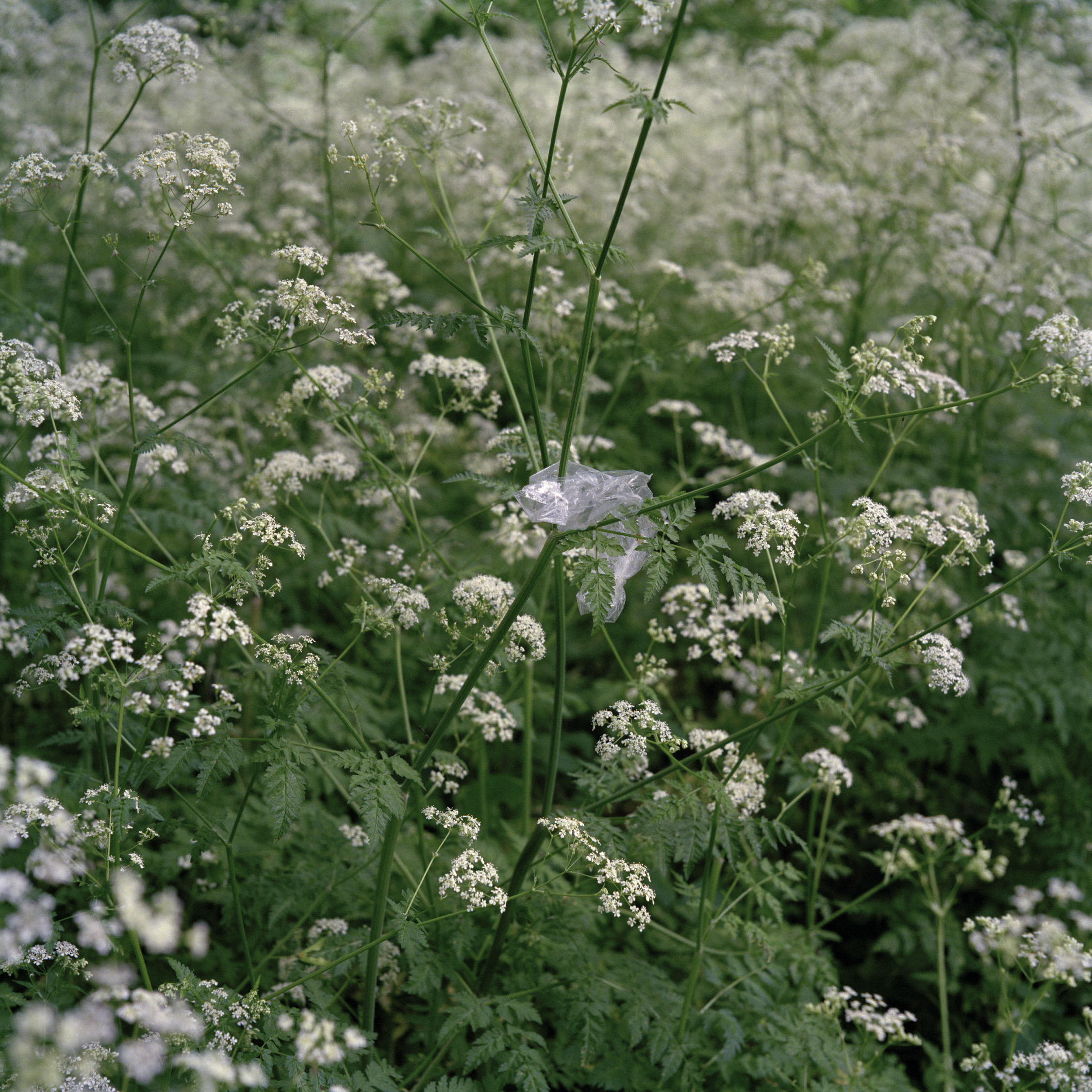
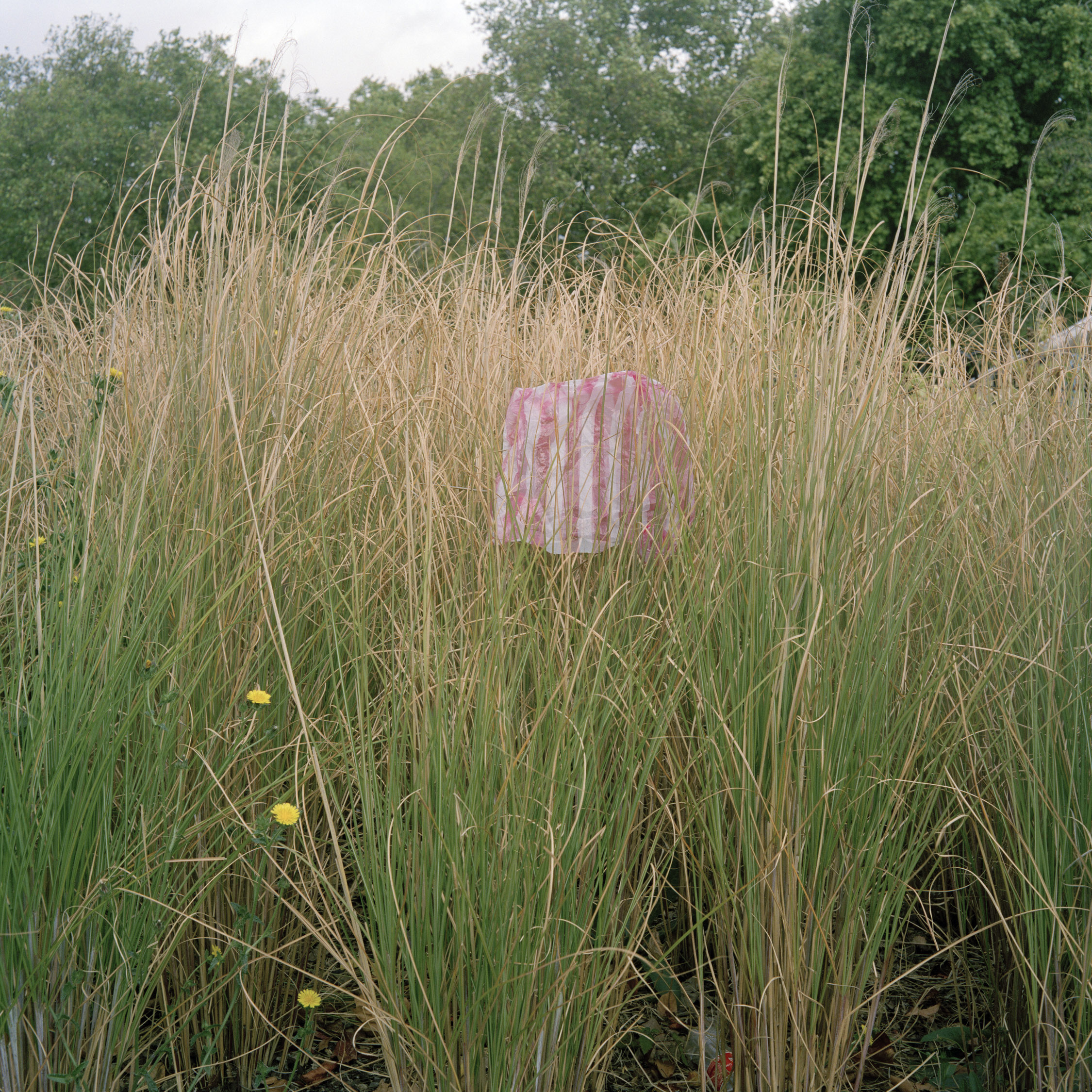
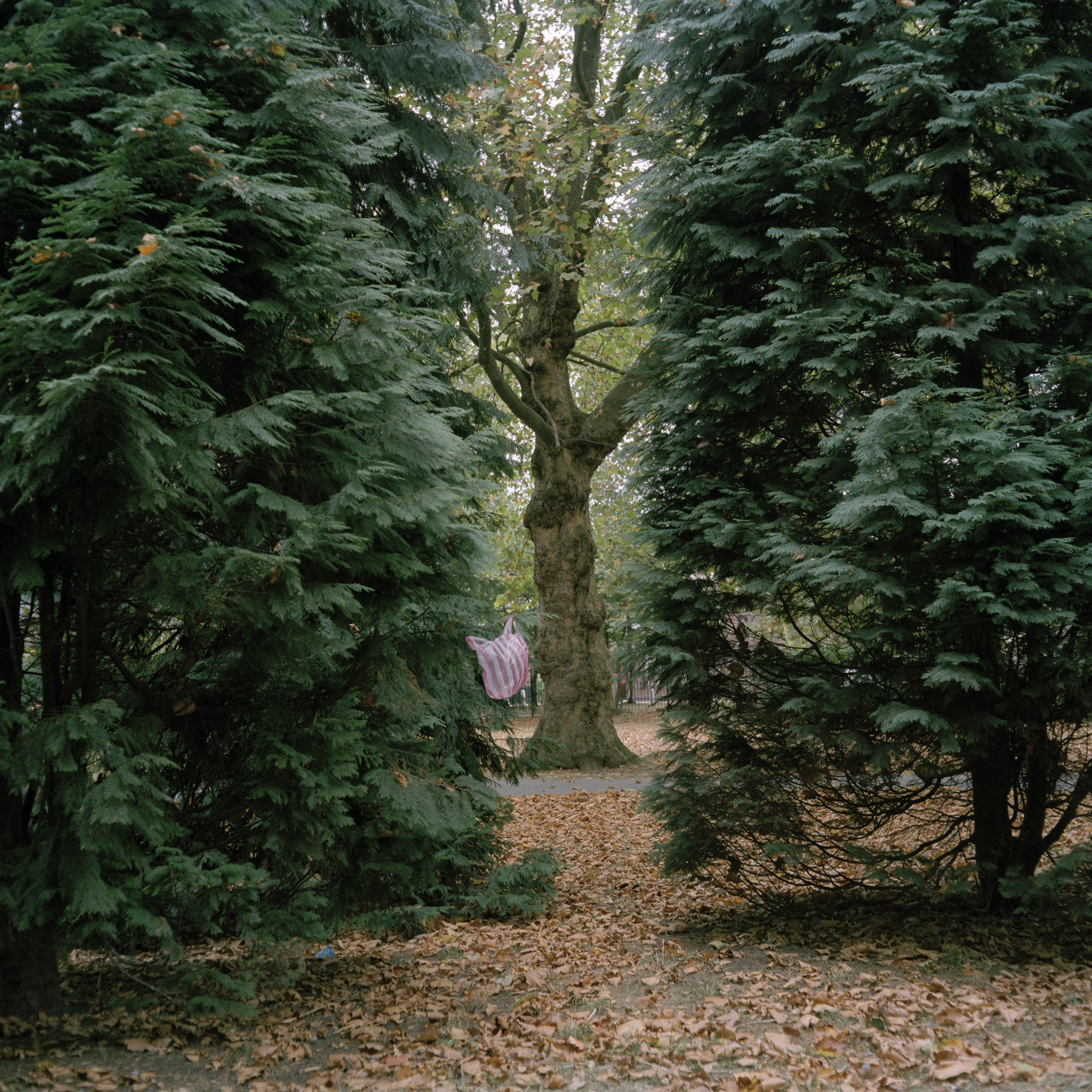
Witches’ Knickers
Witches’ Knickers is an Irish term for discarded plastic bags in our landscapes. I wanted to elevate the issue, by making something beautiful from something ugly.
The images have been exhibited and appeared in the Ecologist magazine and were used in a campaign by Richmond Borough Council to become the the first plastic bag-free London borough.
Witches’ Knickers is an Irish term for discarded plastic bags in our landscapes. I wanted to elevate the issue, by making something beautiful from something ugly.
The images have been exhibited and appeared in the Ecologist magazine and were used in a campaign by Richmond Borough Council to become the the first plastic bag-free London borough.

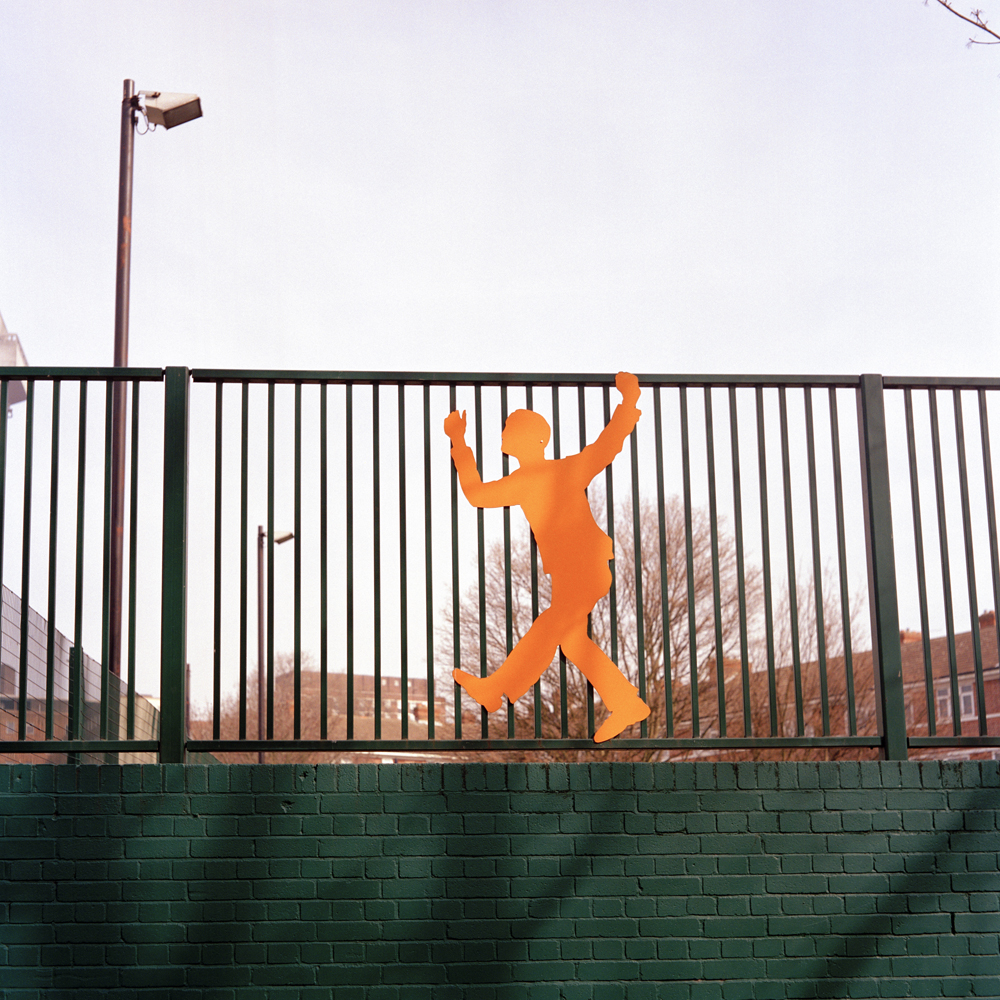


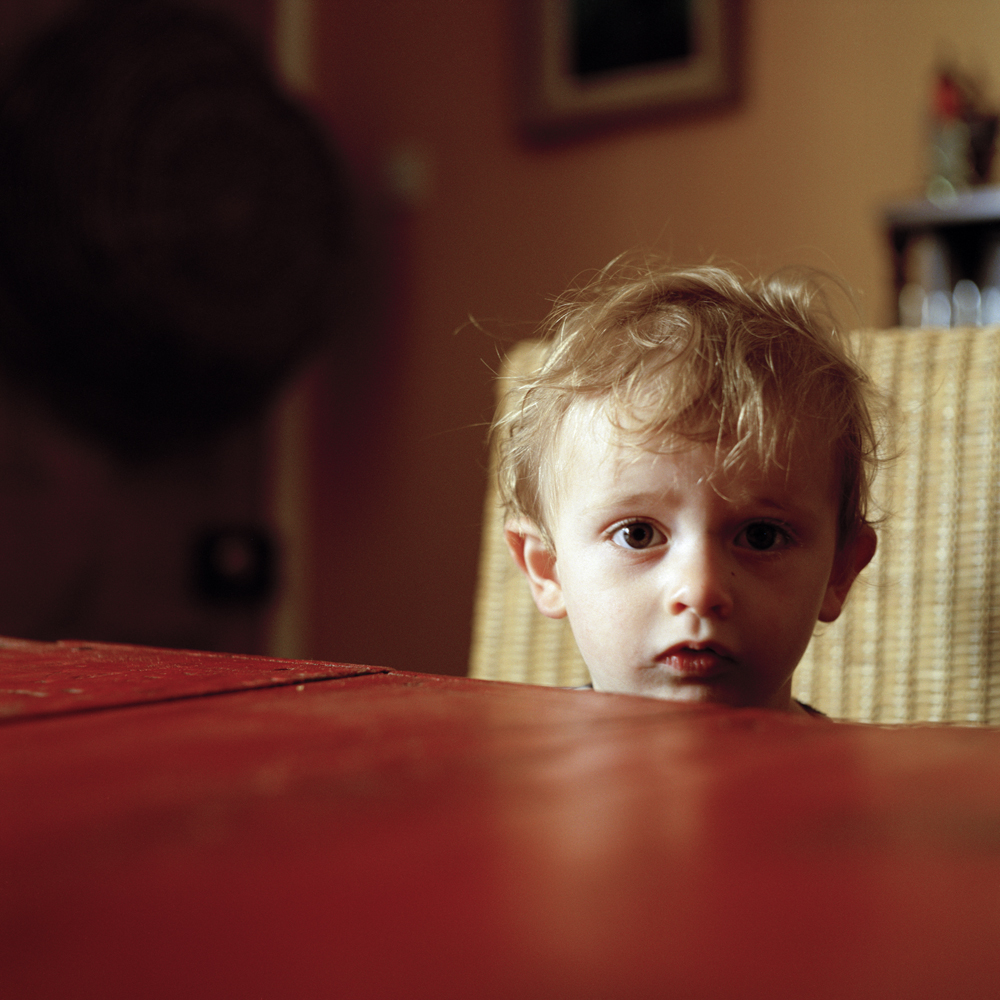
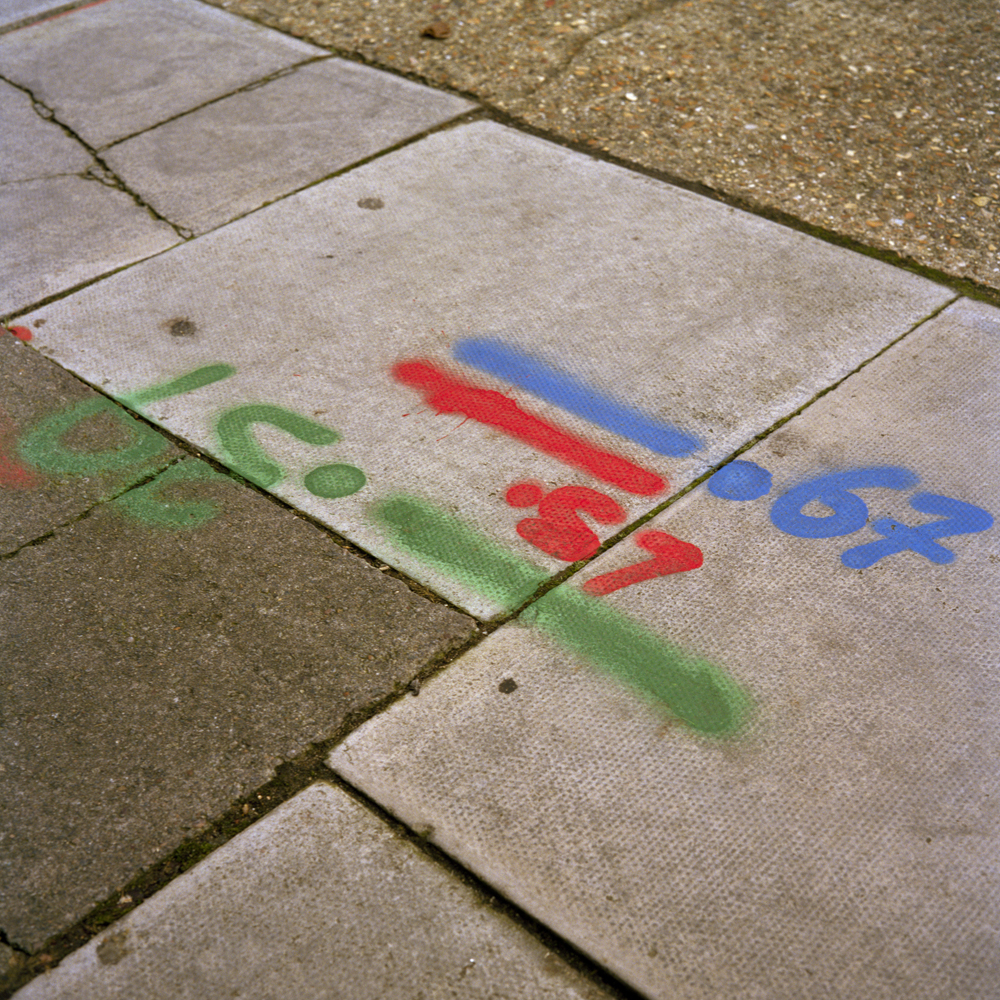

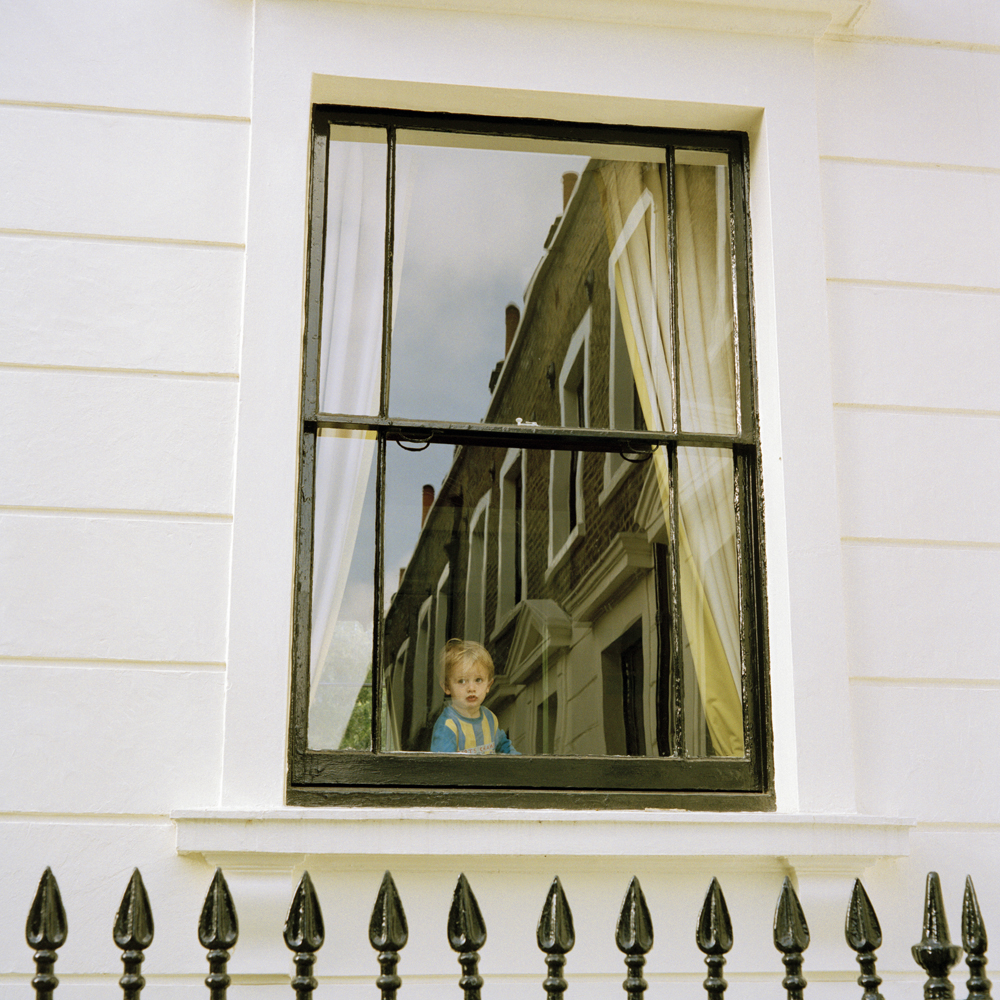
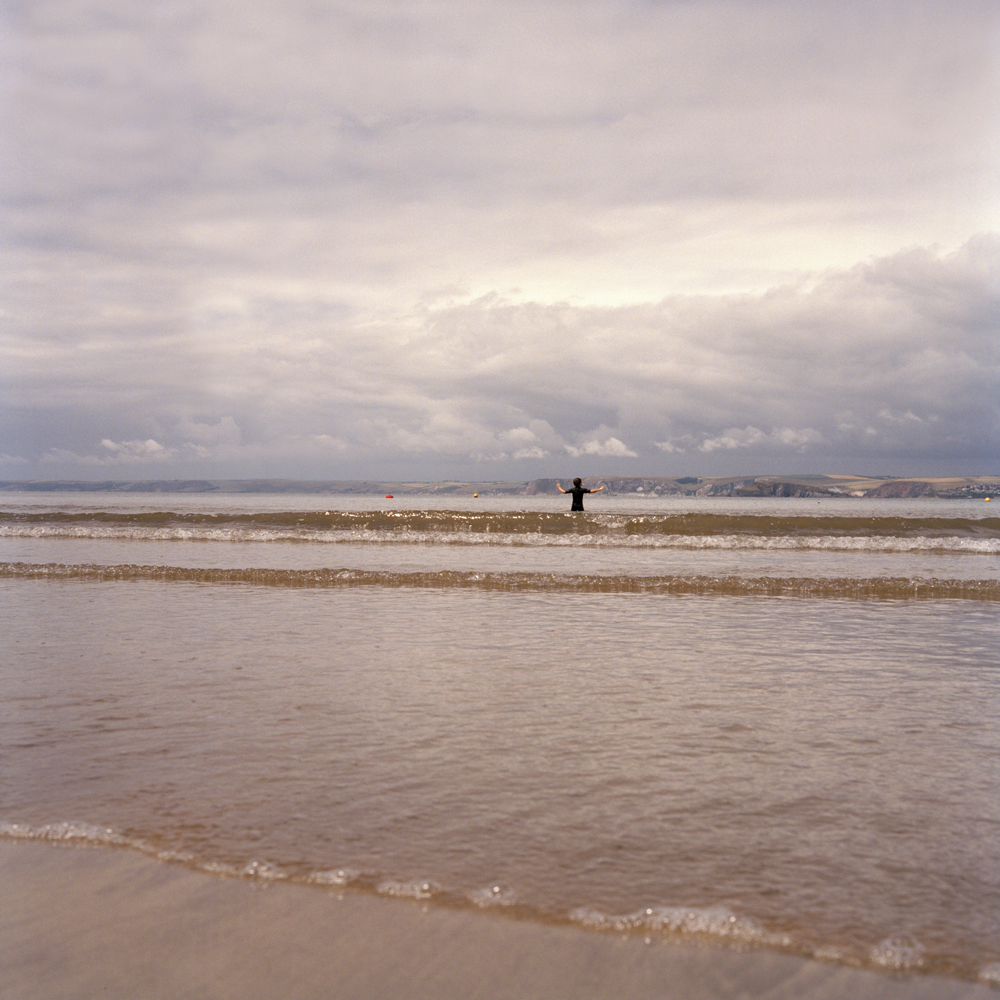
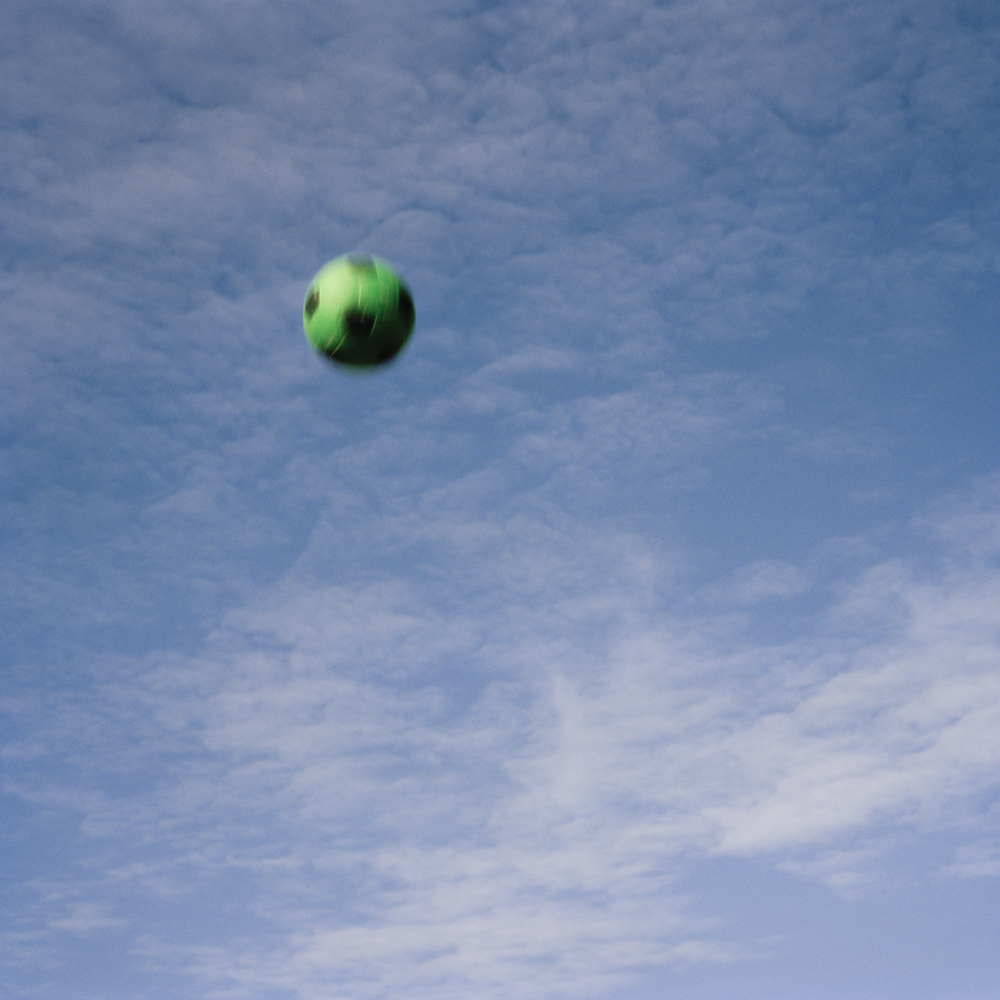

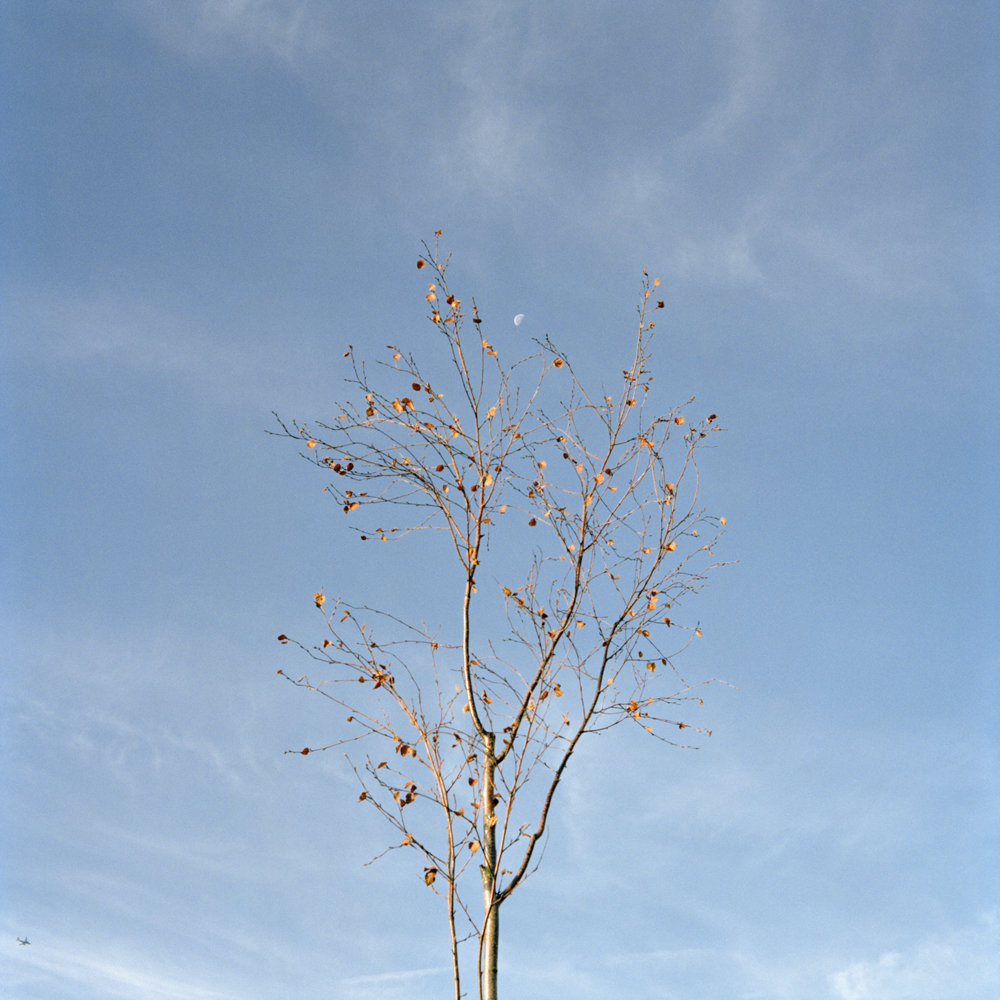
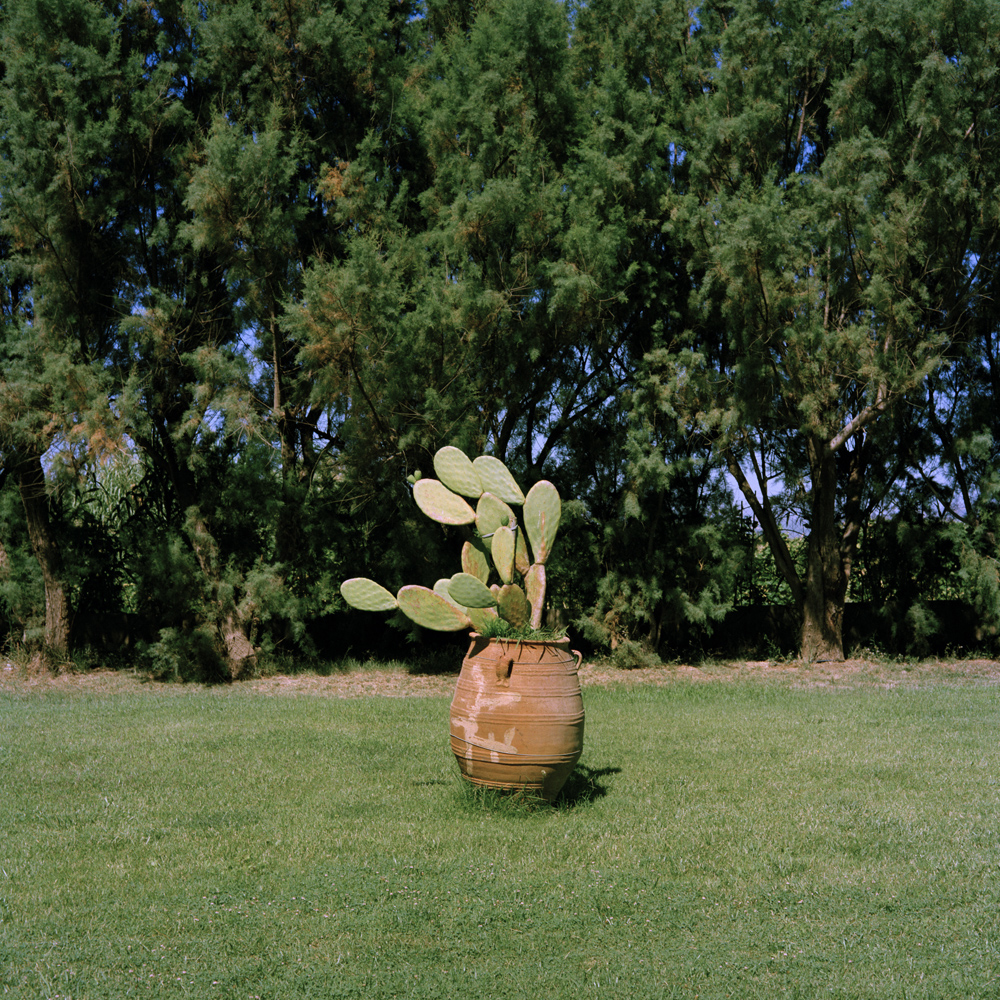
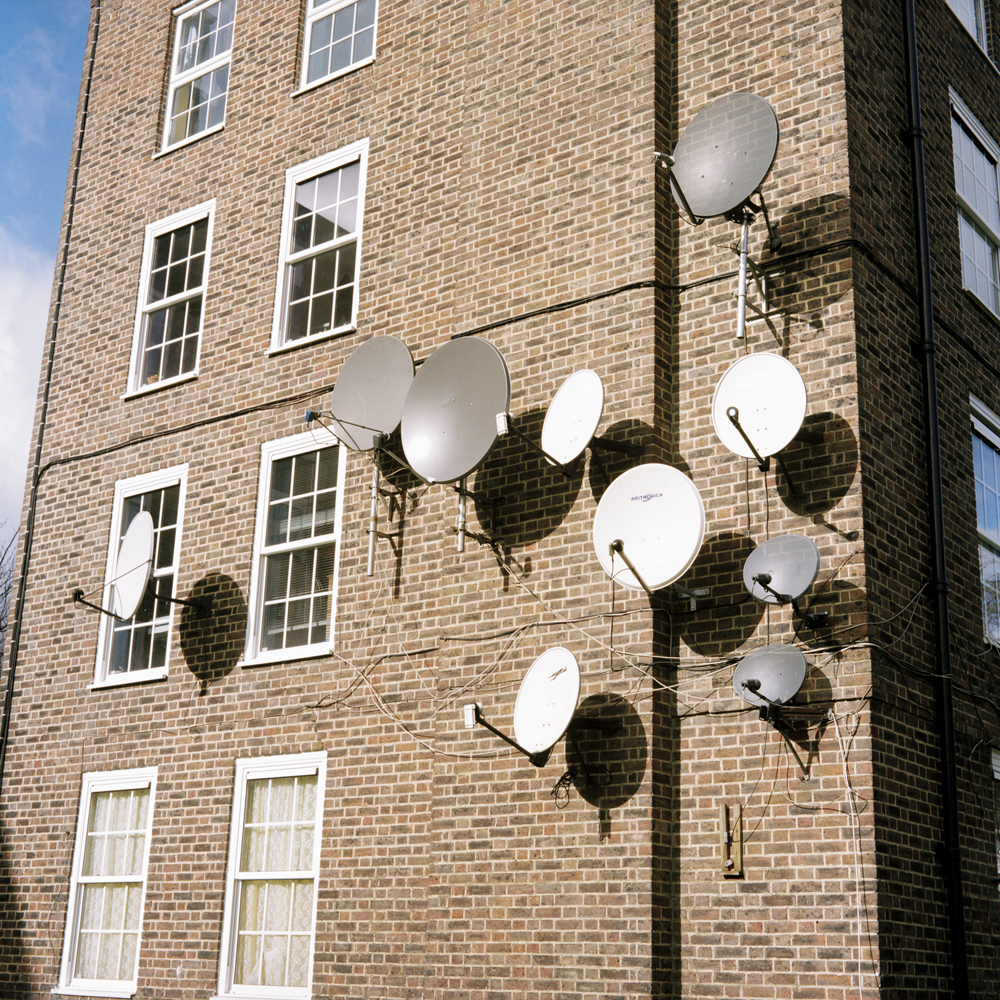

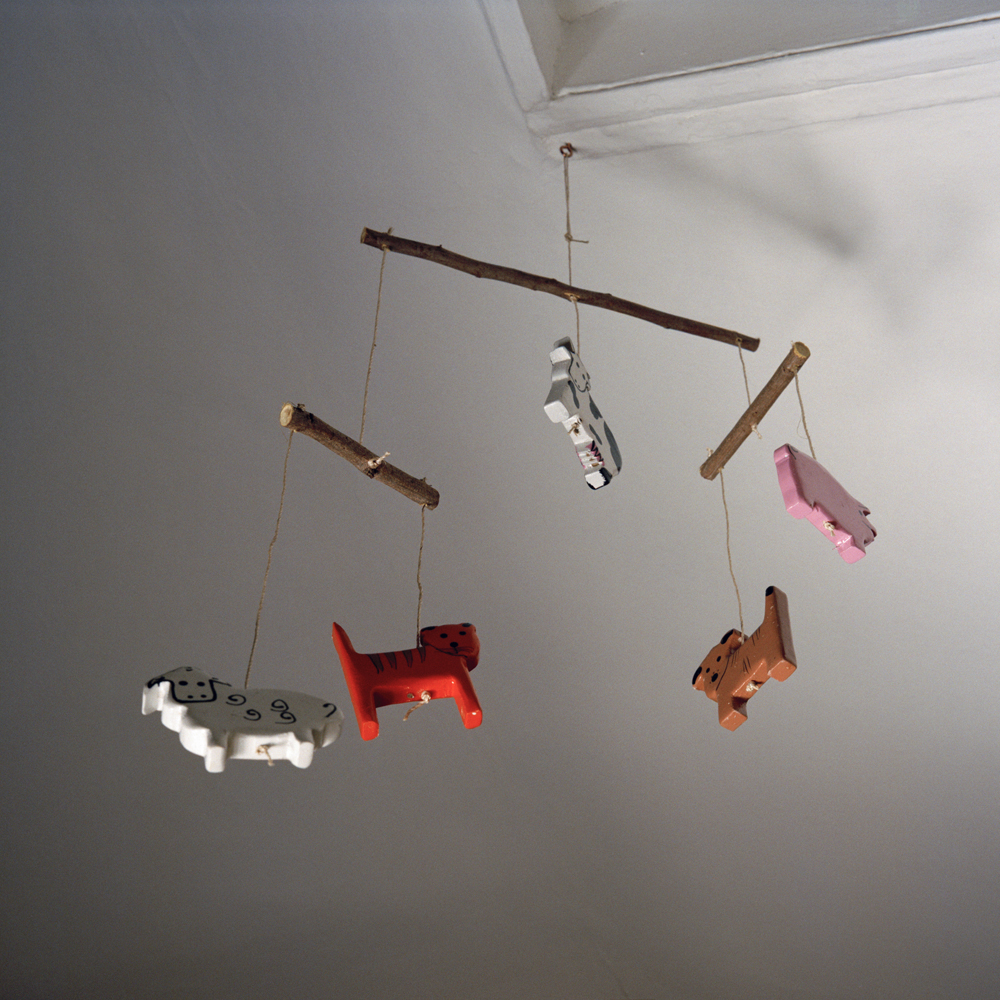

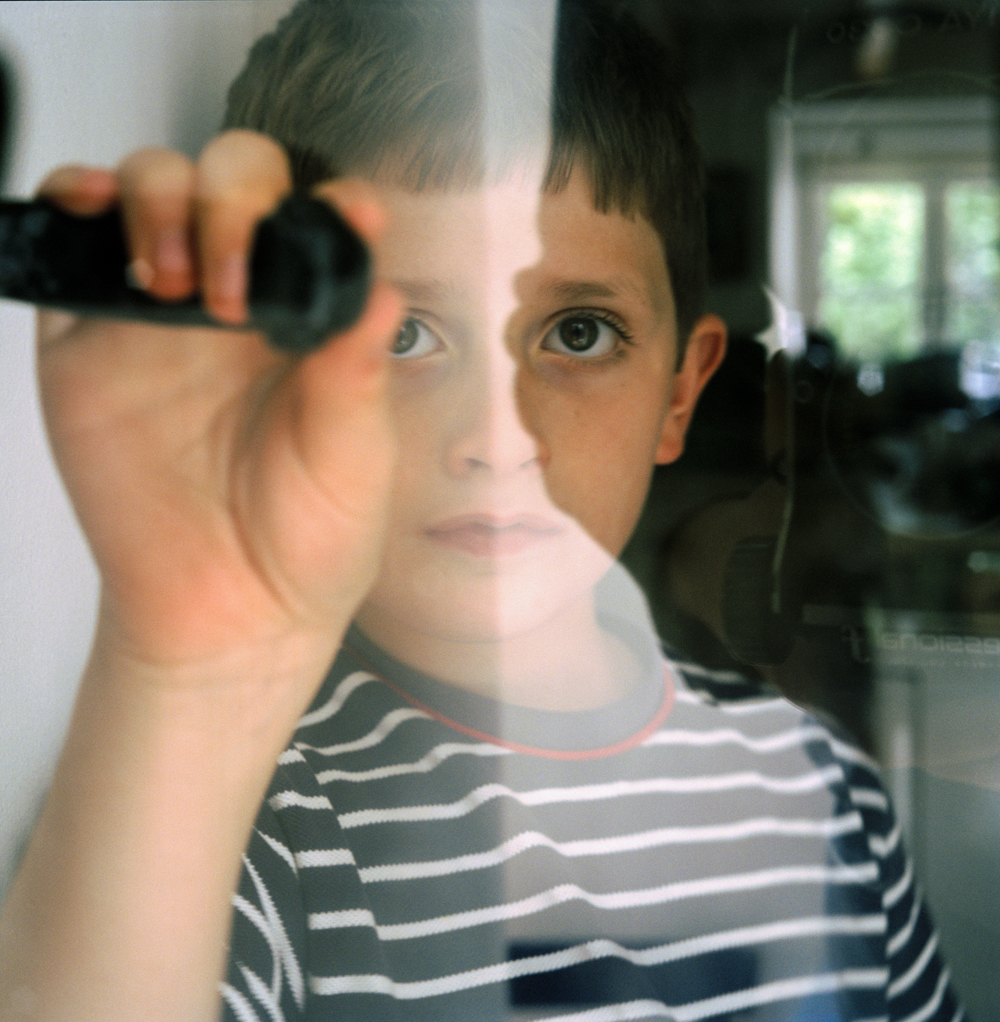
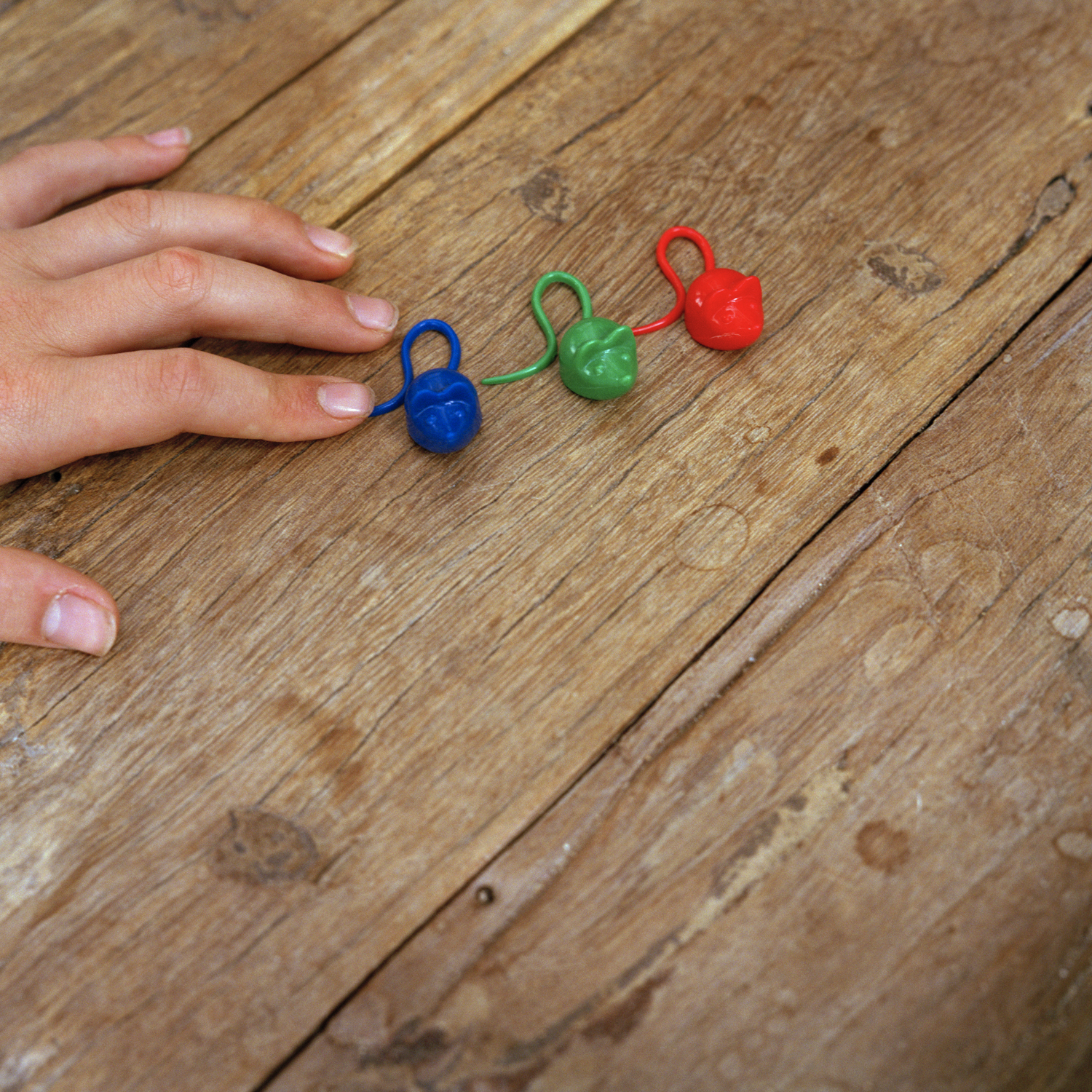


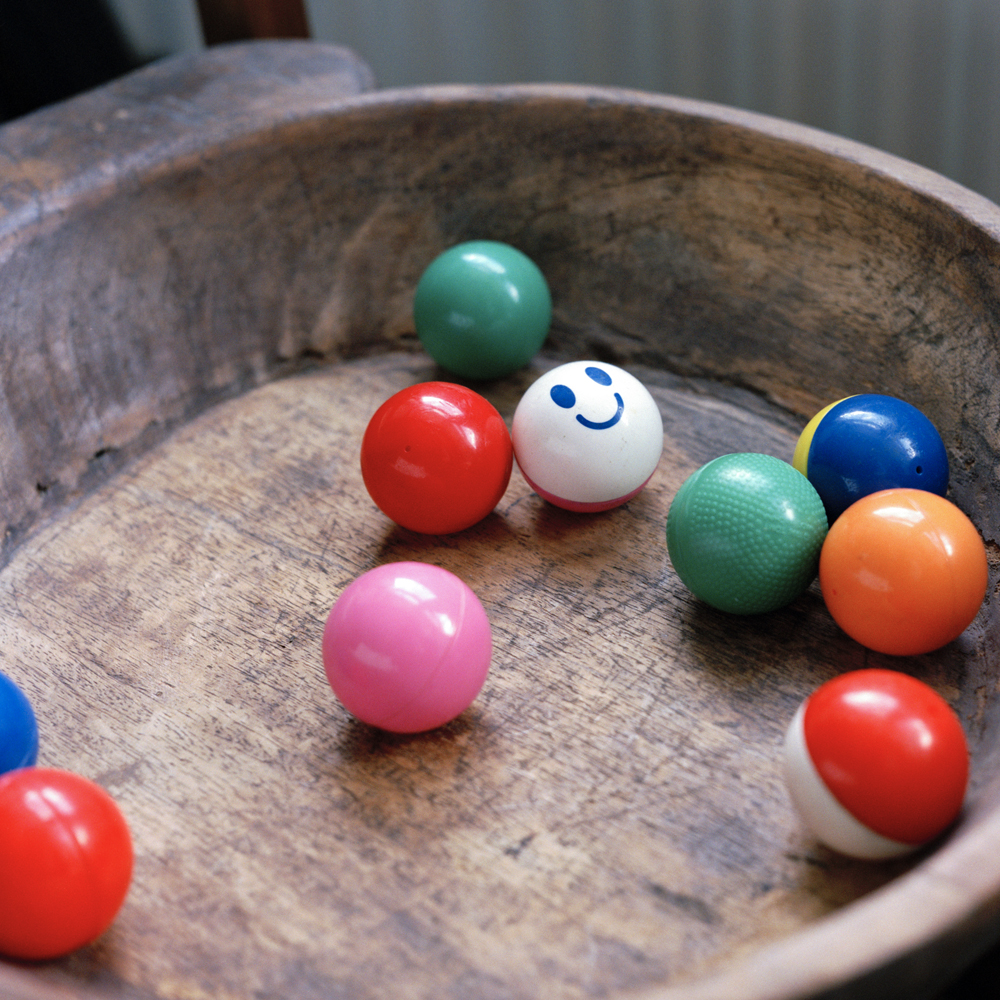
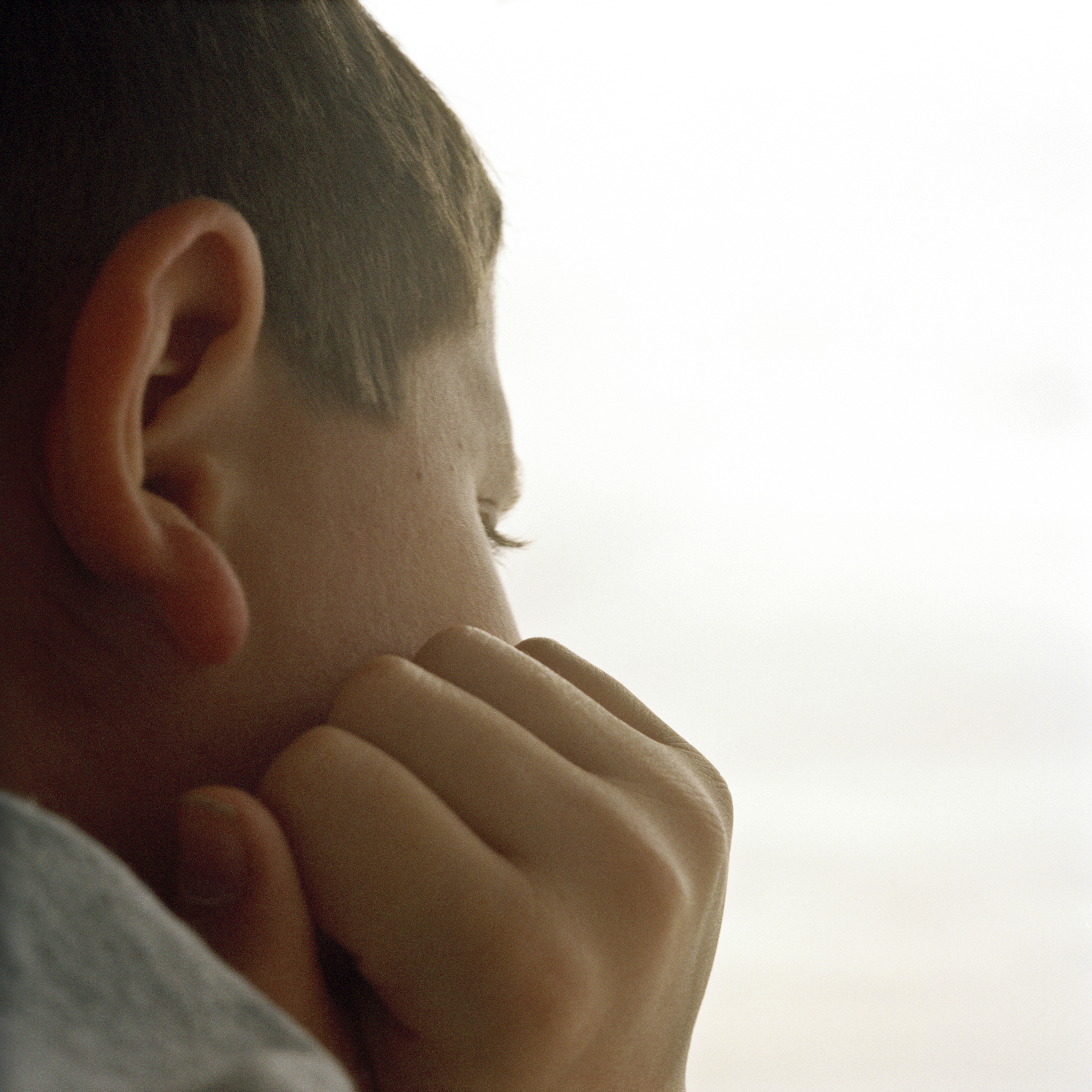
Understanding Stanley - Looking through Autism
"Oh, he looks fine to me, you'd never know" was a comment that really struck when my eldest son Stanley was diagnosed as autistic, aged 3. I realised very quickly that the total invisibility of autism was going to be the biggest challenge of all, making it extremely difficult for him to be accepted on his own terms in a society that finds it so hard to recognise that there is more than one neurotype.
Understanding Stanley allows the reader to feel, not just to think and uses imagery to create a new visual language to communicate, sensitively and with meaning, how perceptions and experiences really are different, if you’re autistic.
The work has been widely exhibited and published in the press, both internationally and nationally and praised for the inclusion of the voices of actually autistic people, at a time when their experiences, in their words, were not sought. It has also received a great deal of praise and interest from families, teachers, therapists, prison officers, adoption agencies etc for its ability to really get 'under the skin' of autism in a way that text books cannot.
"Oh, he looks fine to me, you'd never know" was a comment that really struck when my eldest son Stanley was diagnosed as autistic, aged 3. I realised very quickly that the total invisibility of autism was going to be the biggest challenge of all, making it extremely difficult for him to be accepted on his own terms in a society that finds it so hard to recognise that there is more than one neurotype.
Understanding Stanley allows the reader to feel, not just to think and uses imagery to create a new visual language to communicate, sensitively and with meaning, how perceptions and experiences really are different, if you’re autistic.
The work has been widely exhibited and published in the press, both internationally and nationally and praised for the inclusion of the voices of actually autistic people, at a time when their experiences, in their words, were not sought. It has also received a great deal of praise and interest from families, teachers, therapists, prison officers, adoption agencies etc for its ability to really get 'under the skin' of autism in a way that text books cannot.
